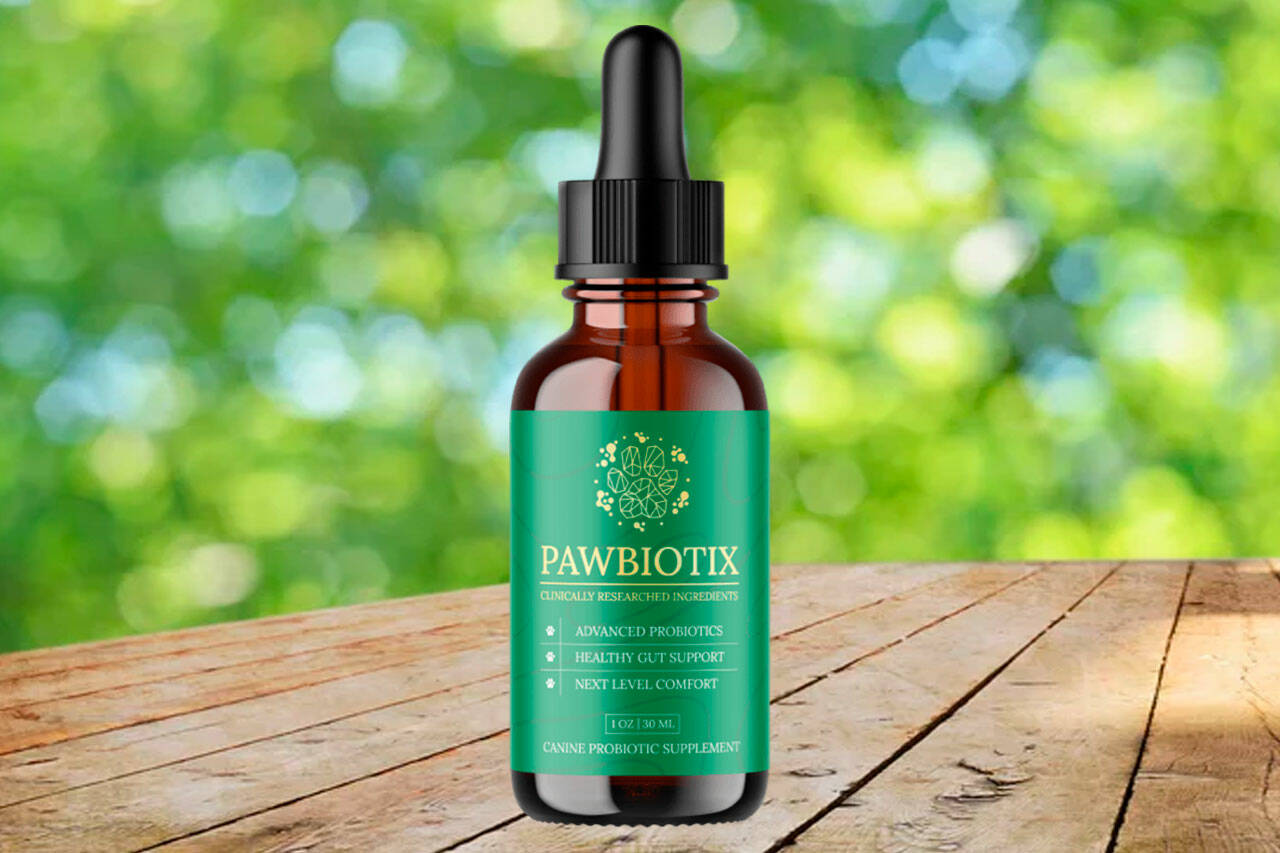Natural Relief for Canine Digestion: A Comprehensive Review of Supplements for Dogs with Upset Stomachs
$49.00
Discover natural supplements that provide gentle relief from digestive issues and upset stomachs in dogs. These supplements, derived from herbs and plants, support digestive function, reduce inflammation, and restore gut health for a happy and healthy pet.
Natural Supplements for Dogs with Digestive Issues and Upset Stomach: A Comprehensive Guide
Introduction
Digestive issues are common in dogs, affecting up to 25% of the canine population. While some digestive problems are short-lived, others can be chronic and debilitating. Conventional treatments often involve prescription drugs, which can have side effects. Natural supplements can provide a safe and effective alternative or complement to medication.
This comprehensive guide will explore the various natural supplements available for dogs with digestive issues and upset stomach. We will discuss their benefits, safety considerations, and recommended dosages. By understanding the options and working with your veterinarian, you can find the best supplement to support your dog’s digestive health.
Types of Digestive Issues in Dogs
Digestive issues in dogs can range from mild to severe and can manifest in various symptoms, including:
- Diarrhea
- Vomiting
- Constipation
- Gas
- Bloating
- Abdominal pain
- Loss of appetite
- Weight loss
Causes of Digestive Issues in Dogs
The causes of digestive issues in dogs can be numerous and include:
- Dietary indiscretion (e.g., eating garbage, spoiled food)
- Food allergies
- Parasites
- Inflammatory bowel disease (IBD)
- Pancreatitis
- Liver disease
Natural Supplements for Digestive Issues in Dogs
A wide range of natural supplements can effectively address digestive issues in dogs. Here are some of the most popular and well-researched options:
Probiotics
Probiotics are beneficial bacteria that support the healthy balance of the gut microbiome. They help digest food, produce vitamins, and protect against harmful bacteria. Dog-specific probiotics are available as capsules, powders, or treats.
Benefits:
- Improve digestion
- Reduce diarrhea and vomiting
- Boost immune function
Dosages:
- Varies depending on the product. Follow the manufacturer’s instructions.
Prebiotics
Prebiotics are non-digestible fibers that feed probiotics and promote their growth. They support the production of short-chain fatty acids, which have anti-inflammatory and digestive-boosting effects.
Benefits:
- Support probiotic growth
- Improve digestion
- Reduce inflammation
Dosages:
- Varies depending on the product. Follow the manufacturer’s instructions.
Digestive Enzymes
Digestive enzymes help break down food into smaller molecules for easier absorption. They can be particularly beneficial for dogs with digestive disorders that affect their ability to produce sufficient enzymes.
Benefits:
- Improve digestion
- Reduce gas and bloating
- Support nutrient absorption
Dosages:
- Varies depending on the type of enzyme and the dog’s weight. Consult with your veterinarian for specific dosages.
Slippery Elm Bark
Slippery elm bark is a soothing and anti-inflammatory herb that coats the digestive tract and protects it from irritation. It can help relieve diarrhea, vomiting, and abdominal pain.
Benefits:
- Soothes irritated digestive tract
- Reduces inflammation
- Supports digestive health
Dosages:
- Powder: 1/2 teaspoon per 10 pounds of body weight, 2-3 times daily
- Capsules or tablets: Follow the manufacturer’s instructions
Marshmallow Root
Marshmallow root is another soothing herb that helps reduce inflammation and protects the digestive tract. It can be used for both diarrhea and constipation.
Benefits:
- Soothes digestive tract
- Reduces inflammation
- Supports gut health
Dosages:
- Powder: 1/2 teaspoon per 10 pounds of body weight, 2-3 times daily
- Capsules or tablets: Follow the manufacturer’s instructions
Aloe Vera
Aloe vera has antibacterial, antiviral, and anti-inflammatory properties that can soothe the digestive tract and support gut health. It can help reduce diarrhea and vomiting.
Benefits:
- Soothes inflamed digestive tract
- Supports gut health
- Reduces inflammation
Dosages:
- Pure aloe vera gel: 1-2 teaspoons per 20 pounds of body weight, up to 3 times daily
- Capsules or tablets: Follow the manufacturer’s instructions
Safety Considerations
While natural supplements are generally safe for most dogs, it’s important to use them cautiously and consult with your veterinarian before administering any supplements. Some supplements may interact with medications or have potential side effects.
- Always start with a small dose and gradually increase as needed.
- Monitor your dog for any adverse reactions or changes in behavior.
- If you notice any side effects, stop giving the supplement and consult with your veterinarian immediately.
- Pregnant or nursing dogs, dogs with underlying health conditions, and dogs taking medications should be closely monitored when using supplements.
Conclusion
Natural supplements can provide a safe and effective way to support digestive health in dogs. By understanding the various options and working with your veterinarian, you can find the best supplement to alleviate your dog’s digestive issues and improve their overall well-being. Remember to use supplements cautiously, monitor your dog closely, and always prioritize veterinary care for any underlying medical conditions.




